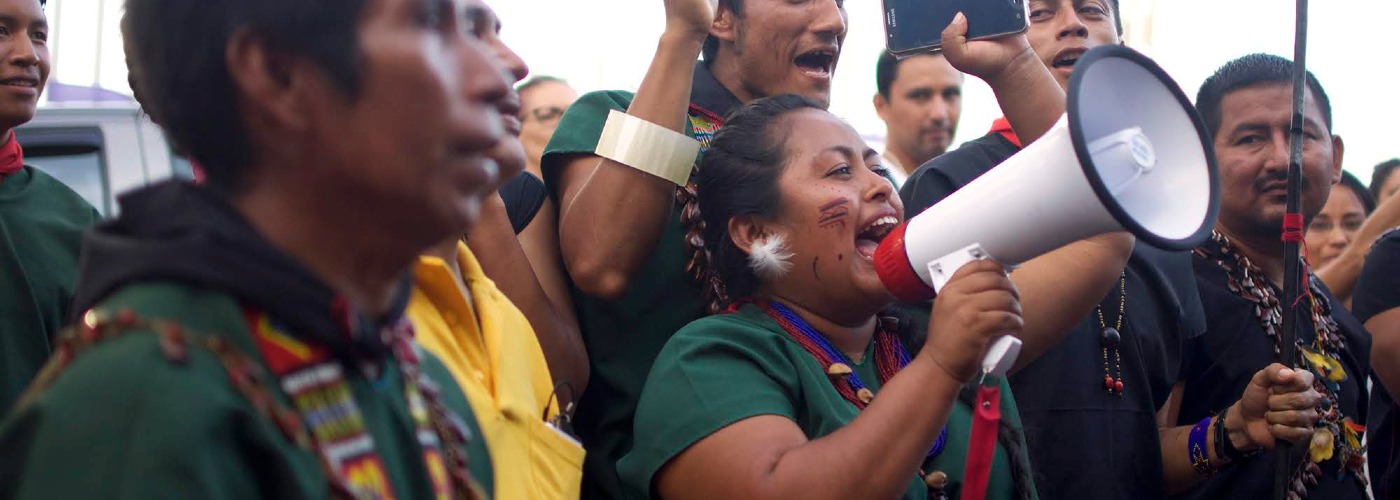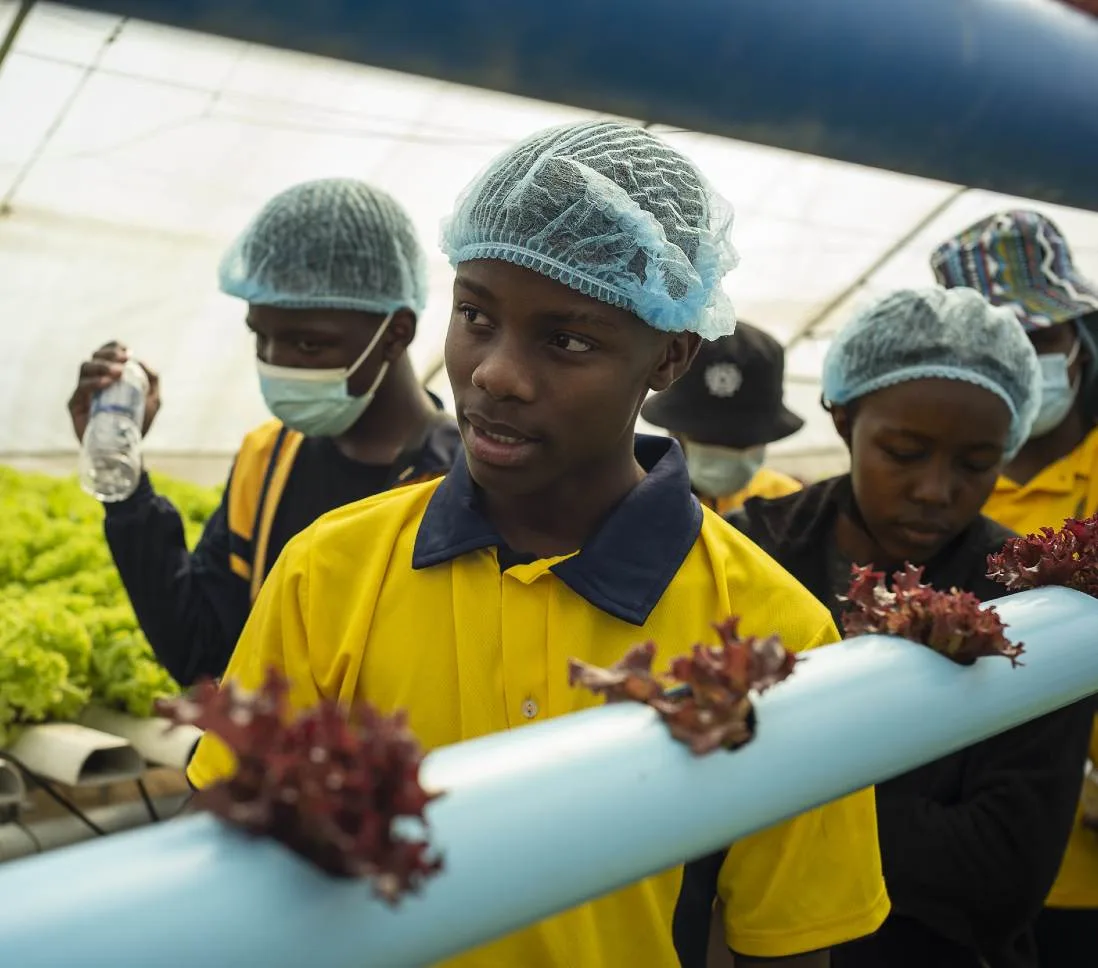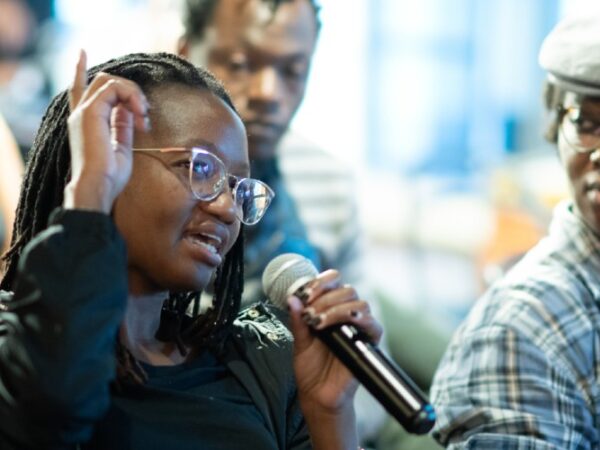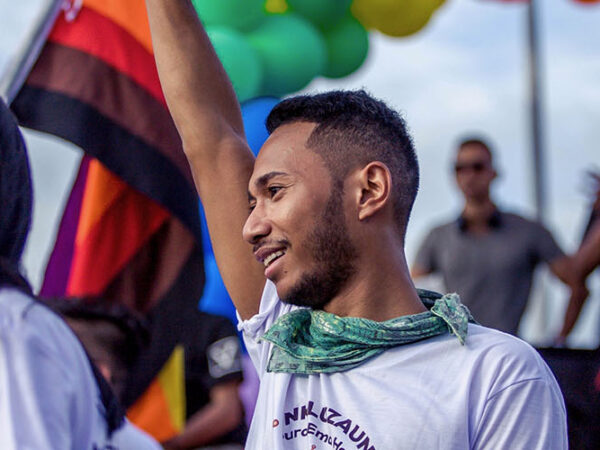Increasingly, climate-related disasters – floods, droughts, heatwaves and wildfires – are devastating vast areas and killing or displacing hundreds of millions of people.
But this crisis is not just an environmental one. It’s also a deeply political, social and ethical problem. Its cause? A global economic system that rewards the exploitation of people and natural resources and distributes wealth and power unequally. And it is unsustainable. At the same time, the crisis makes this inequality worse by hitting those who are least responsible the hardest. Peoples and countries in the Global South, with low incomes and long histories of oppression, are the ones facing the worst impacts of climate change. But it wasn’t their economic or industrial growth that caused it.
That’s why Hivos is focusing on shifting funds, knowledge, and decision-making power to communities on the frontlines of the climate crisis. We believe that locally-designed climate solutions can bring about the urgent changes needed to turn the tide.
What we want
Justice, equity and human rights should be at the center of global climate action, the aim of which must be to fight for the priorities and participation of those unfairly impacted by climate change and directly respond to their needs.
Our approach
No one organization, government or corporation can act effectively on its own. Influencing climate policies at all levels starts with movement building to link and empower groups that are unfairly impacted by climate change. These are the voices rarely heard in decision-making arenas, even though they often lead climate action in their communities. Local people – women, youth, urban poor, small farmers, and Indigenous peoples – must control, participate in and benefit from climate action. So we build strong movements of civil society organizations and activists from a wide range of affected communities who are willing to unite behind a common, human rights-based climate agenda.
Our Climate Justice programming has three focus areas:
1. Retelling the climate story
Our programs unite the power of diverse citizen and civil society interest groups to challenge narratives at all levels that deny climate change and legitimize power imbalances. Stories about the real causes and unfair impacts of climate change told by those most affected, and amplified on popular culture platforms, can better connect to peoples’ emotions and inspire behavioral change.
2. Fair distribution and local solutions
This is about making sure local communities get equal access to global funds, technology, and markets to support local solutions for tackling climate change. For this, we have to make sure current climate funding is transparent and accountable. We also need to change the global financing system so that the countries and groups most in need can access it. At the same time, we are promoting investments in local climate solutions led by groups in the Global South who are most affected. This will also create jobs as countries and regions shift to greener, more environmentally-friendly forms of development.
3. Building political power and influence
We aim to strengthen people’s political power and influence by uniting diverse groups and their movements. Together, these groups can pressure governments and businesses, participate in decision-making, and hold those responsible to account. This involves building movements and doing advocacy, helping those most impacted by climate change to navigate legal systems, pushing for policy changes, and setting important legal examples for the future.
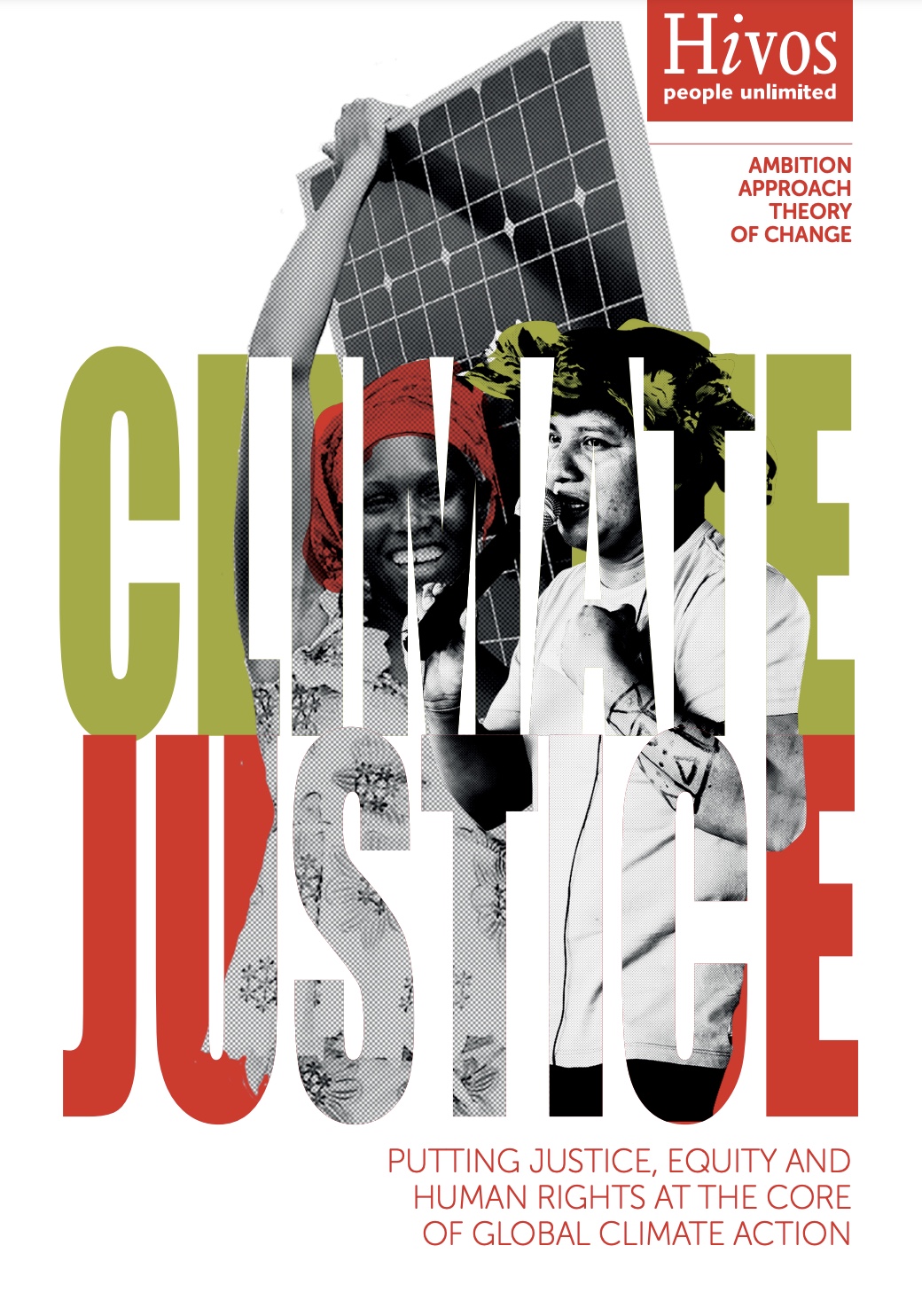
Climate Justice programs
Hivos has a long track record of promoting climate justice and renewable energy solutions to benefit groups that are disproportionally impacted by climate change. These are some of our key programs at present:
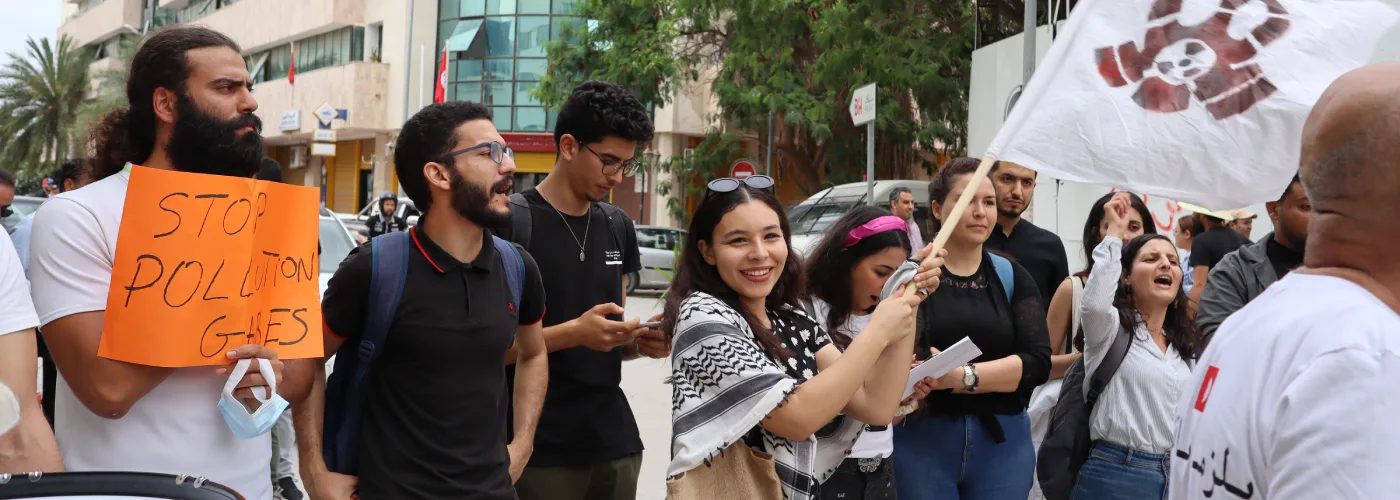
Voices for Just Climate Action
VCA aims to ensure that local civil society – and marginalized or vulnerable local groups – take on a central role as creators, facilitators and advocates of innovative climate solutions.
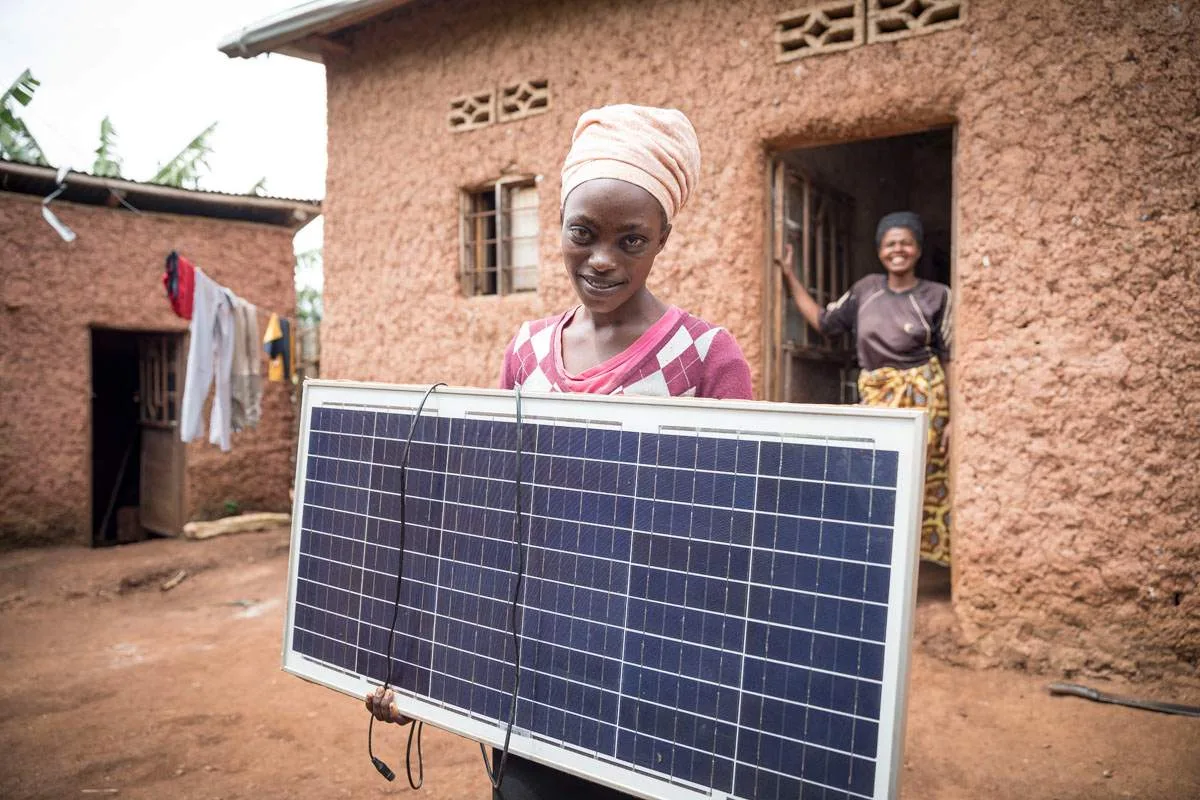
ENERGIA
ENERGIA puts gender at the center of the energy discussion. It has trained more than 9,000 women entrepreneurs who have sold renewable energy products that provide over four million people with access to affordable energy.

